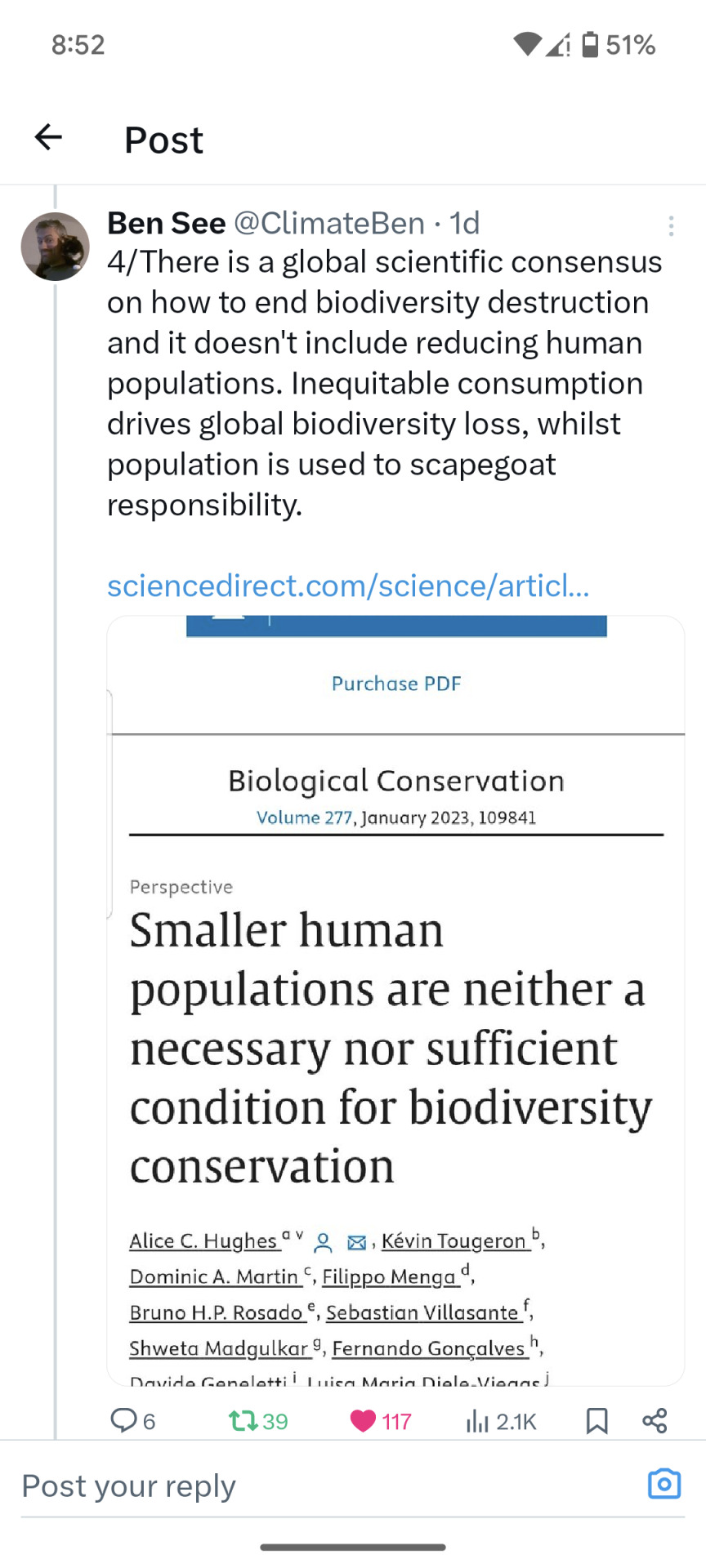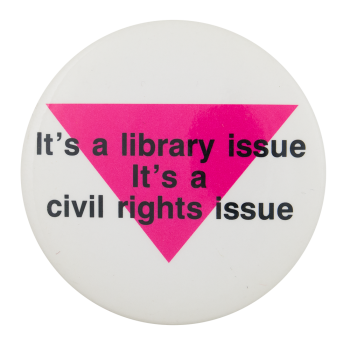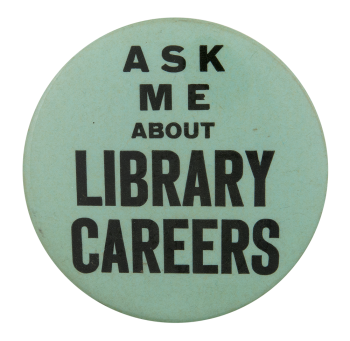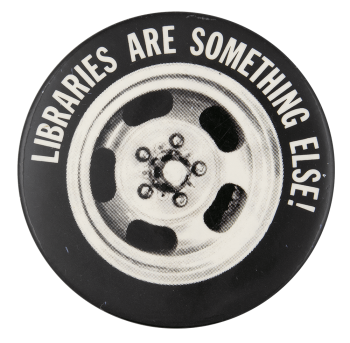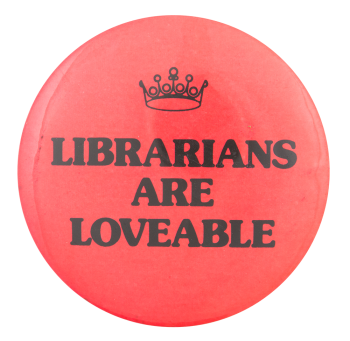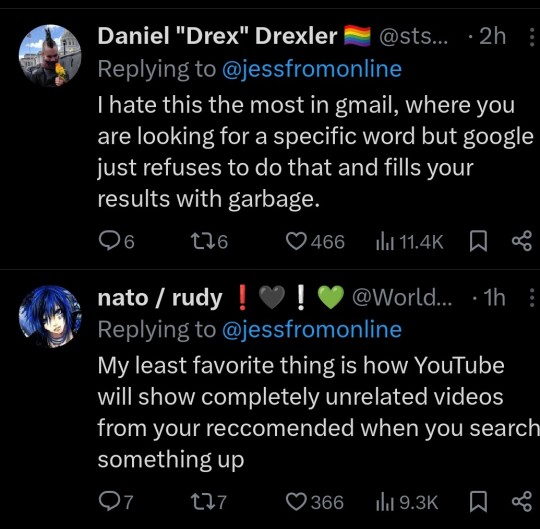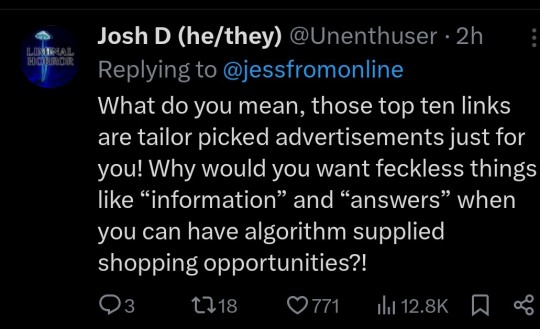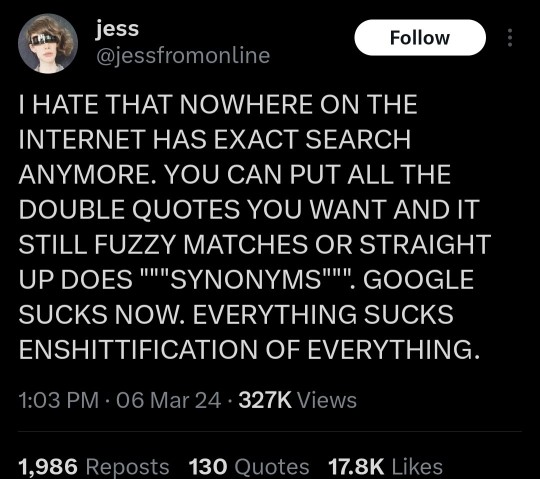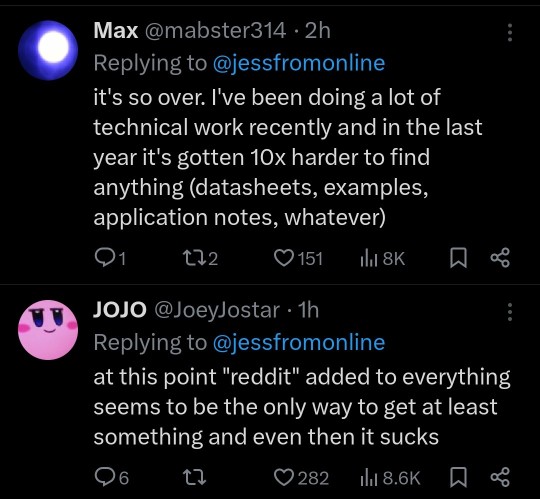Text
Tips for Spotting Bad & Bullshit History
There's no way to make sure you never fall for historical misinformation, and I'm not expecting anyone to fact-check every detail of everything they read unless they're getting paid for it. But you can make an effort to avoid the Worst Takes.
Ask yourself – if I wanted to verify this, where would I start? If you look at a statement and can’t actually find any facts to check, then you already know it’s bullshit.
Read the Wikipedia article on weasel words. Some experts say it’s very helpful!
Look for specifics: a who, a what, a where, a when. If one of those is missing or very broad, that’s a red flag. Statements need to be rooted in a time and a place. “People in the past have always…” Nope.
Vague is bad. Unless you’re looking at a deliberate large-scale overview that’s being broad and generalizing on purpose, you want names and dates and places and primary sources, pictures and quotes and examples.
But an example is not a trend. There’s a difference between what’s possible and what’s common, and history is full of exceptions and outliers. Extremely unusual people and events are overrepresented in the historical record (because nobody writes down what’s normal,) and they can tell us a lot about history, but they’re not directly representative of their place or time. Imagine a historian trying to reconstruct the 21st century based solely on Kiwifarm.
If a historian is competent or even just trying, you won’t have to go digging for sources, they will be shoved right into your face. Not out of mere academic rigor, but because a person who found them, either first- or second hand, is proud to have found them. People who have proof want to show you the proof, people who figured something out will want to show you their work, walk you through it. If they don’t, ask yourself – how do you know this? And - why won’t you tell me how you know this?
Someone might have a legit historical source, and then try to stretch it to cover times and places where it no longer applies. What’s true of 12th century England may not be true of 14th century Venice, even though both are “Medieval Europe,” so watch for those stretches.
Anecdotes are fine, they reveal a lot about people’s values and perceptions, pro historians often use them for context, but what anecdotes are not is factual truth. Notice when someone is feeding you cute anecdotes.
If someone attributes a large-scale social or cultural transformation to a single person or event, yeah that’s usually bullshit. Chances are, that person was part of a larger trend, a small link in a long chain. You can still appreciate their contribution, just put it in context!
Second-guess anyone who acts like they possess secret knowledge that the Media or Academia (or somebody) is hiding, they’re usually bullshit. Remember, if something has a Wikipedia article, it’s not actually a dark secret.
Remember that if it happened in the past sixty years, tons of people will still remember it, and you can literally just go and ask them.
Learn to recognise a smear tactic. Did this person really fuck dogs, or was their posthumous biography written by their worst enemy? Should we take it at face value? Also learn to recognise overt propaganda in the opposite direction: is the king that great or does he have a court historian on retainer? Remember that people sometimes *lie* in their autobiographies.
It’s fine to speculate about what “could” or “might” have happened, professional historians also fill the gaps in the sources with the occasional educated guess. But failing to differentiate clearly between fact and speculation is a huge mistake.
Do not seek validation in history. It's not there. I’m not saying you should approach history in an impersonal, apolitical way, of course not. Our present situation influences our interpretation of history, and it should. What I’m saying is, try not to hang too much of your individual or group identity on a historical narrative. Especially if it’s bullshit. You’re worthy and human because you’re worthy and human today, not because of the deeds and misdeeds of people in the past.
2K notes
·
View notes
Text
real freedom includes the right to be a fucked-up dysfunctional weirdo. when you lack this right, your inability or refusal to comply with social norms will be used as a pretext to take away your other freedoms. all of us are fucked-up weirdos on the inside, so with sufficiently hostile and intrusive surveillance anyone can be unpersoned.
46K notes
·
View notes
Text
While we're at it: using language that downplays genocide is a form of genocide denial.
Joe Biden isn't doing a bad job, Joe Biden is providing material support for genocide.
Israel isn't handling the situation badly, Israel is committing genocide.
Employing euphemisms minimizes the reality of this genocide. It's disrespectful and dangerous.
If you are more uncomfortable with the word genocide than you are with the reality of genocide, then you are not prepared to be part of any serious discussion. Work on that on your own time.
11K notes
·
View notes
Text
There’s no such thing as work-life balance for neurodivergent & chronically ill people.
This is because everything in my life requires work:
maintaining friendships
keeping up with my hygiene
managing bills
making money
remembering my basic needs
sleeping regularly
outputting creatively
All requires some aspect of work for me.
And when everything in your life requires work, your balance goes out the window.
If you're neurodivergent and overwhelmed — I see you.
If you're chronically ill and overwhelmed — I see you.
You're not dysfunctional.
You're not incapable.
You're doing your best.
28K notes
·
View notes
Text
so i study decolonization, as in i studied it as part of my degree, and i thought I'd make a list of some readings/films that might offer additional insight about decolonization (it also helps if you're tired of the christian moralistic thinking)
occupation 101 (can be found on youtube i believe, it's about the history between isreal and palestine, it focuses on palestinians and it is quite comprehensive. there's live footage, there's interviews with palestinian children, etc. it's a must watch i think, regarding palestine. it points the finger squarely at the united states.)
the wretched of the earth, franz fanon. fanon is really well known in the decolonization sphere because he writes about it in a very succinct and clear way. to him, decolonization can never occur peacefully, and i think that's a really important key lesson. he also talks about how colonizers don't just take land, they reframe ideas, they take language, art, thoughts.
the battle of algiers, 1966. this is a fascinating film, it's sort of a documentary, they got the actual people to play their parts. it describes and interviews the main individuals involved in the fight for independence within Algiers. i think understanding how a nation can gain independence over its colonial forces is really important in the grand scheme of decolonialism.
unthinking eurocentrism. if you can get your hands on it, i love this text. it's so poignant and it lays everything out so clearly and it really shows how we center our worlds around eurocentrism and westernism.
10K notes
·
View notes
Text
in b4 95% of all websites in june 2024 announce that "for security" they will only work with browsers that use manifest v3

100K notes
·
View notes
Text
so: masking: good, unequivocally. please mask and please educate others on why they should mask to make the world safer for immune compromised people to participate in.
however: masking is not my policy focus and it shouldn't be yours, either. masking is a very good mitigation against droplet-born illnesses and a slightly less effective (but still very good) mitigation against airborne illnesses, but its place in the pyramid of mitigation demands is pretty low, for several reasons:
it's an individual mitigation, not a systemic one. the best mitigations to make public life more accessible affect everyone without distributing the majority of the effort among individuals (who may not be able to comply, may not have access to education on how to comply, or may be actively malicious).
it's a post-hoc mitigation, or to put it another way, it's a band-aid over the underlying problem. even if it was possible to enforce, universal masking still wouldn't address the underlying problem that it is dangerous for sick people and immune compromised people to be in the same public locations to begin with. this is a solvable problem! we have created the societal conditions for this problem!
here are my policy focuses:
upgraded air filtration and ventilation systems for all public buildings. appropriate ventilation should be just as bog-standard as appropriately clean running water. an indoor venue without a ventilation system capable of performing 5 complete air changes per hour should be like encountering a public restroom without any sinks or hand sanitizer stations whatsoever.
enforced paid sick leave for all employees until 3-5 days without symptoms. the vast majority of respiratory and food-borne illnesses circulate through industry sectors where employees come into work while experiencing symptoms. a taco bell worker should never be making food while experiencing strep throat symptoms, even without a strep diagnosis.
enforced virtual schooling options for sick students. the other vast majority of respiratory and food-borne illnesses circulate through schools. the proximity of so many kids and teenagers together indoors (with little to no proper ventilation and high levels of physical activity) means that if even one person comes to school sick, hundreds will be infected in the following few days. those students will most likely infect their parents as well. allowing students to complete all readings and coursework through sites like blackboard or compass while sick will cut down massively on disease transmission.
accessible testing for everyone. not just for COVID; if there's a test for any contagious illness capable of being performed outside of lab conditions, there should be a regulated option for performing that test at home (similar to COVID rapid tests). if a test can only be performed under lab conditions, there should be a government-subsidized program to provide free of charge testing to anyone who needs it, through urgent cares and pharmacies.
the last thing to note is that these things stack; upgraded ventilation systems in all public buildings mean that students and employees get sick less often to begin with, making it less burdensome for students and employees to be absent due to sickness, and making it more likely that sick individuals will choose to stay home themselves (since it's not so costly for them).
masking is great! keep masking! please use masking as a rhetorical "this is what we can do as individuals to make public life safer while we're pushing for drastic policy changes," and don't get complacent in either direction--don't assume that masking is all you need to do or an acceptable forever-solution, and equally, don't fall prey to thinking that pushing for policy change "makes up" for not masking in public. it's not a game with scores and sides; masking is a material thing you can do to help the individual people you interact with one by one, and policy changes are what's going to make the entirety of public life safer for all immune compromised people.
7K notes
·
View notes
Text
a few reminders because i’m tired and angry
fandom is a hobby, not a form of activism
adult women aren’t inherently creepy for being in fandom and having hobbies apart from raising babies and doing taxes
the vast majority of people pushing back against the worrying trend of instigating harassment over fictional characters and relationships aren’t incest supporters or pedophiles, actually
liking a m/f ship doesn’t make someone a dirty heterosexual invading your space
preferring gay ships doesn’t make you ‘’woke’’ and good
no one owes you a disclaimer that they are a good person who recognizes that their favorite fictional villain’s actions are evil and that they don’t condone those actions irl
liking a fictional villain is in no way comparable to advocating abuse/murder/genocide/etc and you’re a fucking idiot if you believe that
just because a woman is attracted to a fictional villain doesn’t mean she’s promoting toxic relationships or going to end up in a toxic relationship. assuming women can’t tell fiction and reality apart stinks of internalized misogyny
some rando’s a/b/o fanfics have none of the level of influence that popular tv shows and movies spreading propaganda have
no one owes you a detailed description of their traumas and mental health problems
abusive relationships are not the same as enemies to lovers ships
y’all need to chill the fuck out over people, relationships, actions and events that don’t actually exist and learn how to enjoy and discuss them like normal people
fandom is a hobby, not a form of activism
feel free to add more
103K notes
·
View notes
Text
so: masking: good, unequivocally. please mask and please educate others on why they should mask to make the world safer for immune compromised people to participate in.
however: masking is not my policy focus and it shouldn't be yours, either. masking is a very good mitigation against droplet-born illnesses and a slightly less effective (but still very good) mitigation against airborne illnesses, but its place in the pyramid of mitigation demands is pretty low, for several reasons:
it's an individual mitigation, not a systemic one. the best mitigations to make public life more accessible affect everyone without distributing the majority of the effort among individuals (who may not be able to comply, may not have access to education on how to comply, or may be actively malicious).
it's a post-hoc mitigation, or to put it another way, it's a band-aid over the underlying problem. even if it was possible to enforce, universal masking still wouldn't address the underlying problem that it is dangerous for sick people and immune compromised people to be in the same public locations to begin with. this is a solvable problem! we have created the societal conditions for this problem!
here are my policy focuses:
upgraded air filtration and ventilation systems for all public buildings. appropriate ventilation should be just as bog-standard as appropriately clean running water. an indoor venue without a ventilation system capable of performing 5 complete air changes per hour should be like encountering a public restroom without any sinks or hand sanitizer stations whatsoever.
enforced paid sick leave for all employees until 3-5 days without symptoms. the vast majority of respiratory and food-borne illnesses circulate through industry sectors where employees come into work while experiencing symptoms. a taco bell worker should never be making food while experiencing strep throat symptoms, even without a strep diagnosis.
enforced virtual schooling options for sick students. the other vast majority of respiratory and food-borne illnesses circulate through schools. the proximity of so many kids and teenagers together indoors (with little to no proper ventilation and high levels of physical activity) means that if even one person comes to school sick, hundreds will be infected in the following few days. those students will most likely infect their parents as well. allowing students to complete all readings and coursework through sites like blackboard or compass while sick will cut down massively on disease transmission.
accessible testing for everyone. not just for COVID; if there's a test for any contagious illness capable of being performed outside of lab conditions, there should be a regulated option for performing that test at home (similar to COVID rapid tests). if a test can only be performed under lab conditions, there should be a government-subsidized program to provide free of charge testing to anyone who needs it, through urgent cares and pharmacies.
the last thing to note is that these things stack; upgraded ventilation systems in all public buildings mean that students and employees get sick less often to begin with, making it less burdensome for students and employees to be absent due to sickness, and making it more likely that sick individuals will choose to stay home themselves (since it's not so costly for them).
masking is great! keep masking! please use masking as a rhetorical "this is what we can do as individuals to make public life safer while we're pushing for drastic policy changes," and don't get complacent in either direction--don't assume that masking is all you need to do or an acceptable forever-solution, and equally, don't fall prey to thinking that pushing for policy change "makes up" for not masking in public. it's not a game with scores and sides; masking is a material thing you can do to help the individual people you interact with one by one, and policy changes are what's going to make the entirety of public life safer for all immune compromised people.
7K notes
·
View notes

